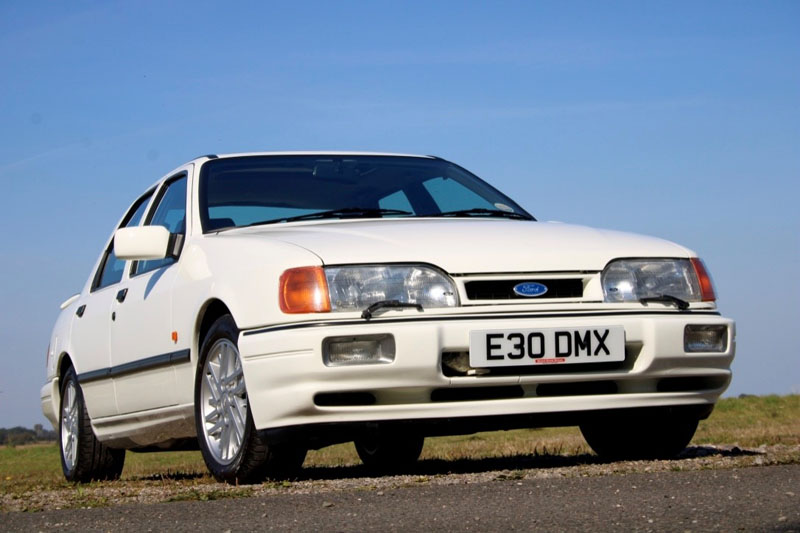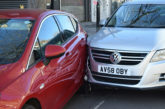
According to data gathered by Retro Motor from the DVLA and Department for Transport, Britain’s car parc is now older than ever before.
This is despite the efforts of policymakers and environmentalists to encourage the use of modern, fuel-efficient models and zero-emissions vehicles.
It reportedly showed that in 2019 there were 6.086 million cars over 13 years old in the UK, approximately one-in-five of all vehicles on the road. 25 years earlier, in 1994, there were only 1.329 million cars of a similar age.
In 1994, the percentage of cars over 13 years old reportedly sat at 6.3%, or just over one in 20 cars. In 2019, that number sat at 19.1%, or just under one in five, despite scrappage schemes and market-led incentives to get people into newer and more environmentally friendly cars.
Meanwhile, the average age of all cars on UK roads has increased from 6.7 years in 1994 to 8.3 years in 2019. There were 21.1 million cars licensed in 1994, rising to 31.8 million in 2019.
But despite the growth in numbers of older vehicles, the news doesn’t necessarily mean that cars are less environmentally friendly as the mileages covered by modern, efficient cars are said to be much higher.
Retro Motor Founder, Richard Aucock, said: “You have to remember that a 13-year old car in 1994 was an early Eighties model with extremely high emissions and no catalytic converters, whereas cars from the mid-2000s were already starting to meet new Euro emissions legislation.
“In addition, there’s been a huge boom in the popularity of modern classics in recent years, which means that models from the Eighties and Nineties in particular have developed into collectors’ items. Throw into the mix the much-improved build quality of cars from this era and it’s easy to see why many of them remain loved and cherished by enthusiasts, rather than just be used as old bangers.”









